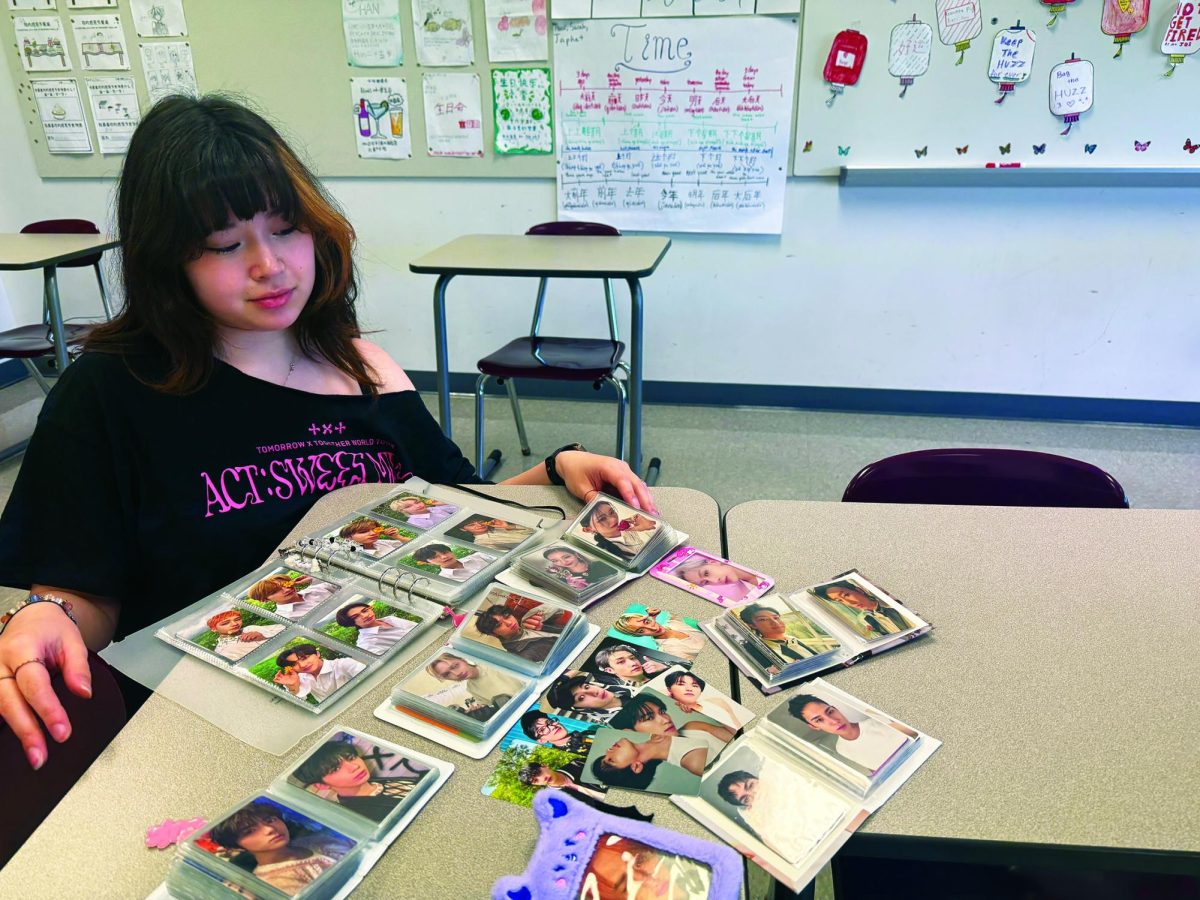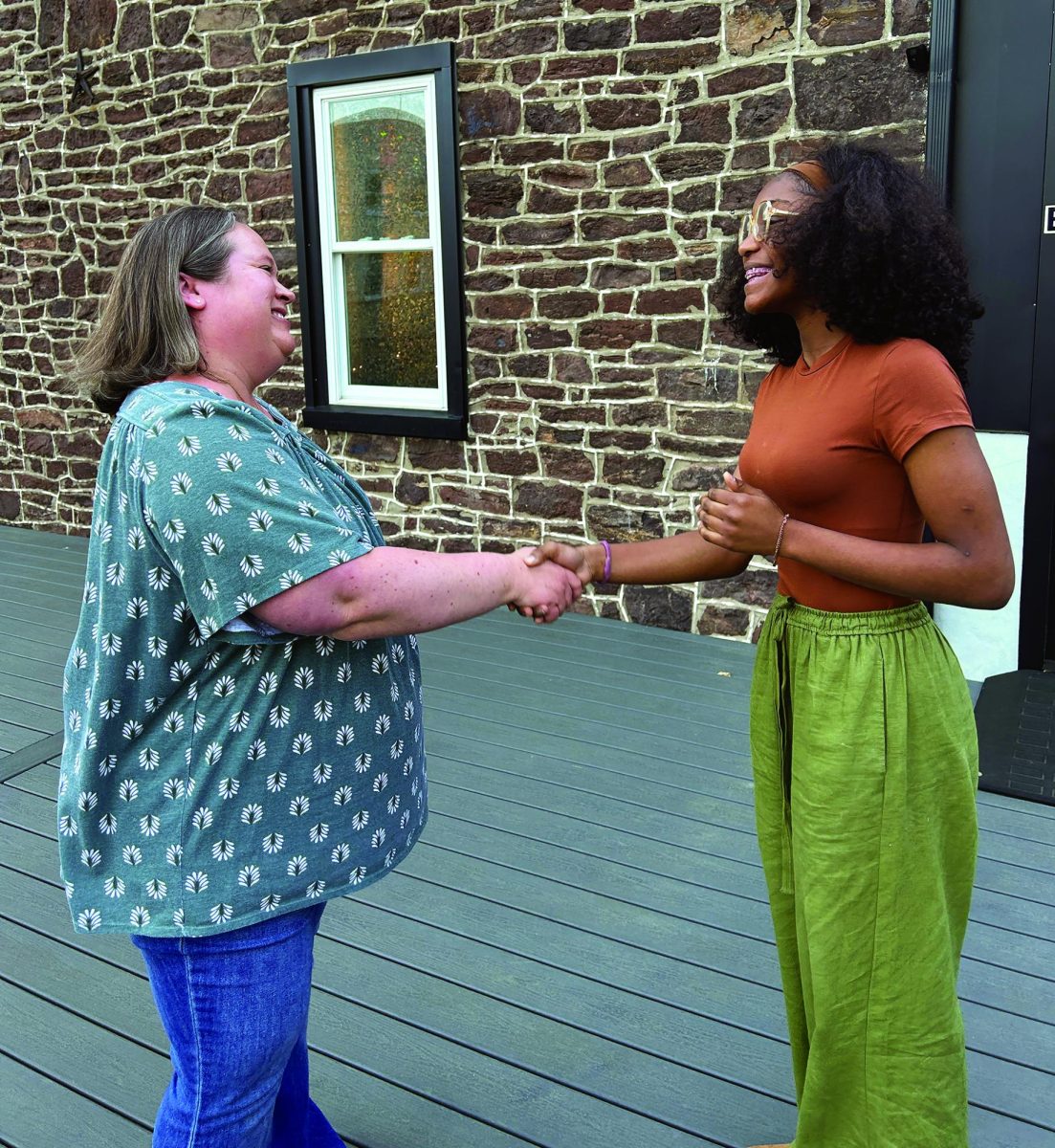As actress Felicity Huffman’s crimes received a more lenient sentence than lesser crimes of people of color, courts should reevaluate sentencing and race.
Huffman, infamous after the college cheating scandal of 2019, was sentenced to 14 days in prison, 250 hours of community service, one year of supervised release along with a $30,000 fine, according to NPR.org.
“In my desperation to be a good mother I talked myself into believing that all I was doing was giving my daughter a fair shot,” Huffman wrote in a letter to Judge Indira Talwani.
Another woman who wanted to be a good mother was Ohio resident Kelly Williams-Bolar, a black woman who enrolled her children into school with her father’s address, according to the New York Times. This is boundary hopping, and schools are able to press charges for “stealing an education.”
Williams-Bolar wanted to keep her children safe, according to an interview by the New York Times. Her home had been broken into before and she did not want her children to be home alone.
Huffman paid a test proctor $15,000 to alter her daughter’s scores on the SAT to get her into the college of her choice.
Huffman’s crime is clearly not comparable to Williams-Bolar wanting a safe place for her children to travel back and forth from school.
However, Huffman was only sentenced to 14 days in prison while Williams-Bolar was sentenced to ten days.
Williams-Bolar’s crime was treated with the same severity as Huffman’s crime. However, Huffman’s crime was much more severe but only received four more days in prison than Williams-Bolar.
Huffman did receive 170 more hours of community service than Williams-Bolar and a $30,000 fine. However, Williams-Bolar received three years on probation while Huffman received one year of supervised release, according to the New York Times. Huffman was also quite able to pay the $30,000 fine, being well-endowed from her acting career.
The crimes of the two were similar in the way that they both wanted better for their children, but Huffman was much more involved in trying to cheat the system than Williams-Bolar.
The inequality in these cases show the injustice of the justice system. Black parents are unable to switch school districts for a safer place for their children, but white parents can use their money to take the spots of students who have actually worked to get into colleges.
Huffman’s sentence is practically an invitation for rich parents to bribe their way into colleges.
Talwani based Huffman’s sentence off of Huffman not repeating the crime, paying one of the smallest bribes, and her daughter not knowing about the inflation in scores.
The small bribe should not affect the sentence, as bribing someone to inflate SAT scores is the intention, regardless of how much money is available.
Huffman pleaded to Talwani to give her probation and community service. In order to truly learn from her mistakes and know how she impacted students who were unable to receive admission to places that they worked to get into, Huffman should perform her community service duties with underprivileged children.
Minorities do not have the same opportunities as others when applying to college and taking SATs. Most minority schools are in central cities and are underfunded compared to suburban schools, according to the Brookings Institution.
“Schools serving greater numbers of students of color had significantly fewer resources than schools serving mostly white students,” stated the Brookings Institution.
The education system has been unequal since the 1960s with largely Native American, African American, and Latino schools not being funded as much as white schools, according to Brookings Institution. Less higher education was available to minorities at this time as well.
This bias has carried over today and minorities must work harder as the education system works against them.
Huffman and her daughters have their privilege from being white already; with her money, she made the playing field more unequal than it already is.
She may be ignorant to situations like Williams-Bolar’s, but she can educate herself through doing community service with people who experience the discrimination in the education system every day.
Huffman would be able to learn that she and her children have privilege over others who are unable to receive the same resources, let alone the boosting of SAT scores.
Huffman could make the offense into a learning experience if she wants to do so.
Felicity Huffman receives bias in courts
Sentencing Felicity Huffman for a short amount of time, the court showed bias. Huffman, who pleaded guilty to fraud and conspiracy was sentenced to 14 days in prison, beginning on October 25.
0
More to Discover





